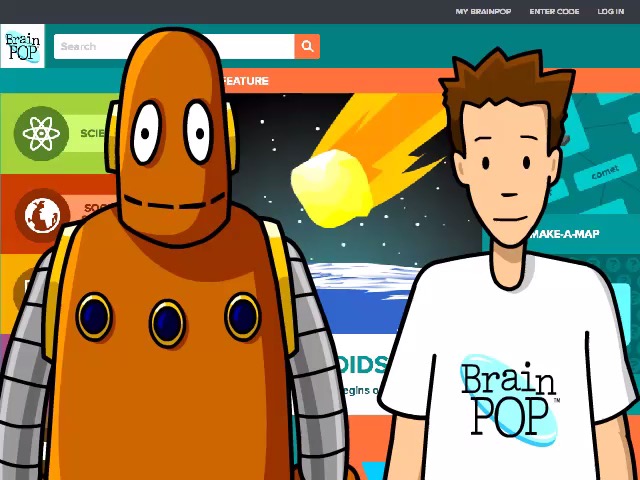So, I was beginning to see a pattern develop at one of the schools I was in. Then, that same pattern started to sprout in other schools. It was as if the idea of how to responsibly care for technology was becoming a concept to be taken for granted.
I will be honest, I am one of the people that took it a bit for granted. I admit to carrying a computer (like a book) with one hand. I will also admit that I have had a sealable container filled with liquid near my computer. We are human, and with spring upon us, we start to think of a great many things, and that statement includes the kids too.
What was different about the situations I stated previously, and what I was noticing, is that the incidental behavior was now starting to lead to broken Chromebooks among the student population. So, I thought I would take a Gallagher approach to teaching the lesson. I hope you took the time to watch the video, but if you haven't, take a look now. Of course, I couldn't get a large sledge hammer and a watermelon, but I was able to hammer home a point.
I will be honest, I am one of the people that took it a bit for granted. I admit to carrying a computer (like a book) with one hand. I will also admit that I have had a sealable container filled with liquid near my computer. We are human, and with spring upon us, we start to think of a great many things, and that statement includes the kids too.
What was different about the situations I stated previously, and what I was noticing, is that the incidental behavior was now starting to lead to broken Chromebooks among the student population. So, I thought I would take a Gallagher approach to teaching the lesson. I hope you took the time to watch the video, but if you haven't, take a look now. Of course, I couldn't get a large sledge hammer and a watermelon, but I was able to hammer home a point.
I had tackled this subject hard at the beginning, middle and end of the year. In fact, I can start phrases with the protocols and procedures for how to handle our devices, and the students can finish the phrases. We know them well. It wasn't until this lesson that it seemed to apply. In fact, there is even a student in this lesson that says something along the lines of, "That's basically what we do."
It was a lesson with shock value, but wasn't meant for just that. Soon after, we went over the responsibility of use for all digital materials at BPS. We discussed and learned that many of the protocols the students did on a daily basis were procedures they were doing well. At the same time, students also realized that many activities they were choosing to do were not great protocol.
So with that, I leave to you the use of this video. I also would love to hear more about how you teach responsible use, and all the things that carry with it. Finally, I want to share with you that this worked. Since teaching this lesson, I have had multiple students making habit changes, changing passwords, and getting rid of things they shouldn't have within their account. Students are holding each other accountable, and lifting each other up in their choices. It was worth the time invested.
Twitter Tuesday
#1 What are some effective strategies that you use when instructing kids about being responsible users of technology?
#2 How do your kids respond to procedures and protocols when using digital tools?
#3 In what ways do you feel we could improve teaching the responsible use policy?
#4 What are the greatest concerns that you carry with you in regards to the responsible use policy?
#5 How can the kids in the schools you are at become active in supporting the responsible use policy?
So with that, I leave to you the use of this video. I also would love to hear more about how you teach responsible use, and all the things that carry with it. Finally, I want to share with you that this worked. Since teaching this lesson, I have had multiple students making habit changes, changing passwords, and getting rid of things they shouldn't have within their account. Students are holding each other accountable, and lifting each other up in their choices. It was worth the time invested.
Twitter Tuesday
#1 What are some effective strategies that you use when instructing kids about being responsible users of technology?
#2 How do your kids respond to procedures and protocols when using digital tools?
#3 In what ways do you feel we could improve teaching the responsible use policy?
#4 What are the greatest concerns that you carry with you in regards to the responsible use policy?
#5 How can the kids in the schools you are at become active in supporting the responsible use policy?







